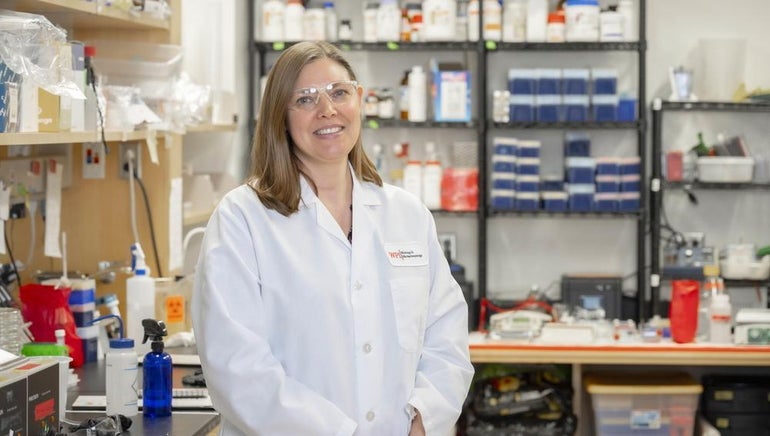A researcher at Worcester Polytechnic Institute is set to embark on a five-year project that seeks to advance the use of bacteria to help clean up contaminated soil, thanks to a $1.23-million grant from the National Science Foundation.
Natalie Farny, an assistant professor in the Department of Biology and Biotechnology, will use the grant to study the impact of methylation on gene expression in a type of bacteria that has been identified as having potential to help break down contaminants in soil.
Methylation is a biological process that adds chemicals to an organism’s genome, influencing how the organism’s genes are expressed, according to a press release issued by the university on Wednesday.
“Genetically engineered bacteria have the potential to break down contaminants in soil, whether they are explosive materials deposited on military firing ranges or chemicals left behind by industry,” Farny said in the press release. “To engineer stable bacteria that behave in predictable and desirable ways once they are released into the environment, however, it will be essential to better understand how their genes are impacted by the environment.”
The funding was awarded as part of NSF’s Faculty Early Career Development Program, which seeks to support faculty who are in the early stages of their careers and have the potential to serve as academic role models in research and education, according to the Foundation’s website.
This NSF funding joins a number of other grants and other funding sources that WPI-related initiatives have received in 2024. In April, the university received part of a $2.8-million grant to develop a treatment for bipolar disorder for women who are pregnant and breastfeeding and a $1.2-million grant to study low-carbon iron production.

